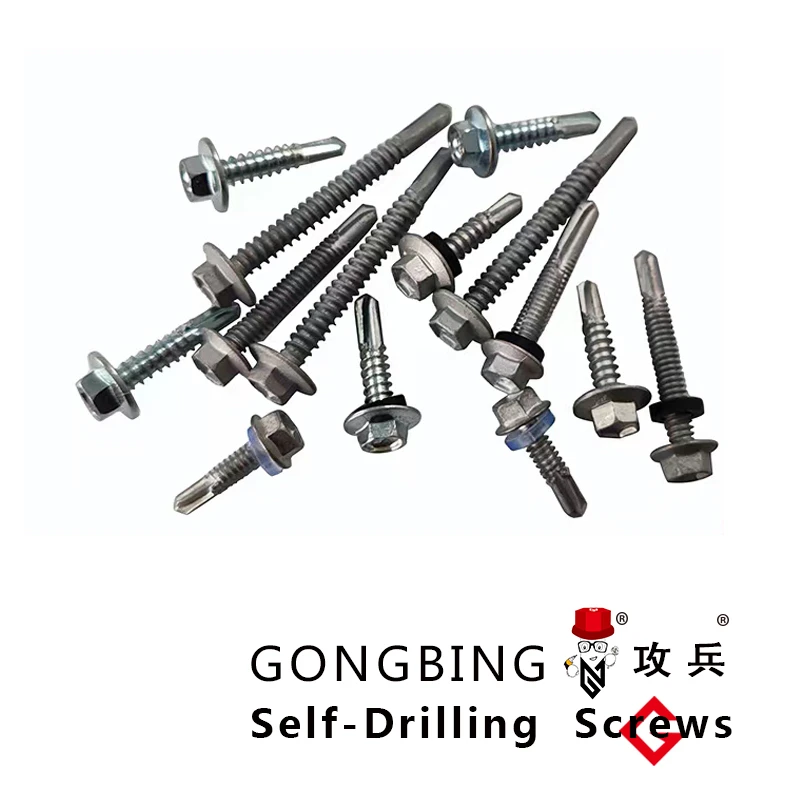Choosing the Right Chemical Anchor Bolt for Your Construction Needs
Understanding Chemical Anchor Bolts A Comprehensive Guide
In the realm of construction and engineering, the choice of anchoring systems is critical for ensuring stability and safety. One of the most robust solutions available today is the chemical anchor bolt. These specialized anchoring systems are designed to provide a strong bond between the bolt and the substrate, whether it is concrete, masonry, or another material. In this article, we will delve into the features, applications, and advantages of chemical anchor bolts.
What Are Chemical Anchor Bolts?
Chemical anchor bolts consist of a threaded rod or bolt that is embedded in a hole drilled into a substrate, combined with a resin or adhesive that cures to create a tight bond between the bolt and the surrounding material. The chemical agent typically comprises a two-part epoxy or polyester resin, which, when mixed, hardens and increases the load-bearing capacity of the anchor. This chemical reaction results in a strong, durable bond that can withstand various stresses.
Features and Components
1. Resin Composition The resin used in chemical anchor bolts is designed to provide excellent adhesion and resistance to environmental factors such as moisture, temperature fluctuations, and chemical exposure. Depending on the specific requirements of an application, different types of resins may be used.
2. Bolt Design Chemical anchor bolts come in various designs, including standard threaded rods, L-shaped anchors, and various types of specialty anchors. The choice of bolt design depends on the intended application and the load requirements.
3. Installation Versatility Chemical anchor bolts can be used in both horizontal and vertical applications. They are suitable for dynamic loads, which makes them ideal for situations where vibration or movement can occur.
Applications
Chemical anchor bolts are highly versatile and can be used across various industries. Common applications include
- Construction In structural reinforcements, chemical anchors are essential for securing steel beams, columns, and other structural elements to concrete or masonry walls. - Heavy Equipment Mounting Factories and production facilities often use chemical anchor bolts to secure heavy machinery and equipment, ensuring they remain stable during operation.
chemical anchor bolt

- Infrastructure Projects From bridges to highways, chemical anchors are used for attaching road signs, overhead lights, and other essential infrastructure components
.- Renovations and Repairs In the renovation of older buildings, chemical anchor bolts provide an effective solution for retrofitting existing structures without the need for extensive modifications.
Advantages
One of the primary advantages of chemical anchor bolts is their superior load-bearing capacity compared to mechanical anchors. Here are some key benefits
1. High Strength The chemical bond between the resin and the substrate allows for greater tensile and shear strength, making them suitable for high-load applications.
2. Environmental Resistance Chemical anchors can withstand extreme environmental conditions, including exposure to moisture, chemicals, and temperature variations, prolonging their lifespan.
3. Minimal Vibration Sensitivity Unlike mechanical anchors, chemical anchors are less sensitive to vibrations, making them ideal for dynamic applications.
4. Flexibility in Installation With various resin formulations and bolt designs available, chemical anchor bolts can be customized to fit specific engineering needs.
5. Minimal Expansion Pressure The installation process requires drilling a hole, which means there’s minimal disturbance to the surrounding material, reducing the risk of spalling or cracking in reinforced concrete.
Conclusion
Chemical anchor bolts are a powerful solution for securing structures and equipment across numerous applications. Their ability to deliver exceptional strength, environmental resistance, and flexibility in installation makes them a preferred choice among engineers and construction professionals. As construction techniques continue to evolve, the use of high-quality chemical anchor bolts will play an integral role in ensuring the stability and safety of modern structures. Whether in new builds or renovation projects, these systems will undoubtedly remain a cornerstone of reliable anchoring solutions.
-
Weatherproof Plastic Expansion Anchors for OutdoorNewsJun.06,2025
-
Sustainability in the Supply Chain: Eco-Friendly TEK Screws ProductionNewsJun.06,2025
-
Load-Bearing Capacity of External Insulation FixingsNewsJun.06,2025
-
Double Head Bolts: Enhancing Efficiency in Industrial MachineryNewsJun.06,2025
-
Corrosion Resistance in Chipboard Screws: Coatings for Wholesale DurabilityNewsJun.06,2025
-
Butterfly Toggle Bolts : Enhancing Structural ResilienceNewsJun.06,2025
